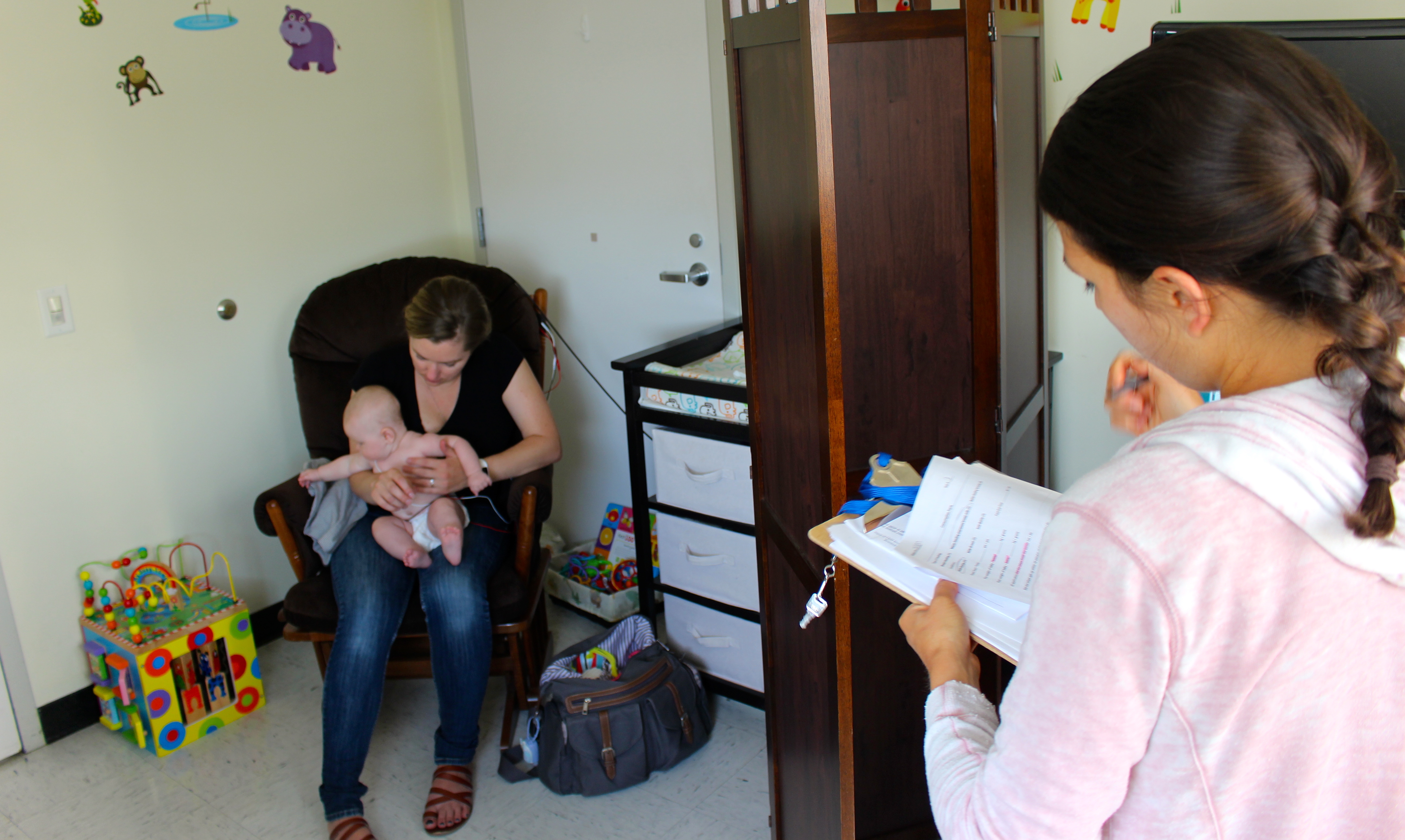STRIDE Student Publishes Article in Journal of Women’s Health
 Women receive most of their advice about weight gain and physical activity during pregnancy online or from books, kinesiology senior Adrian Mercado explained in his recent article published in the Journal of Women’s Health. The article, “Where Do Women Get Advice About Weight, Eating, and Physical Activity During Pregnancy,” appeared in the publication’s May edition.
Women receive most of their advice about weight gain and physical activity during pregnancy online or from books, kinesiology senior Adrian Mercado explained in his recent article published in the Journal of Women’s Health. The article, “Where Do Women Get Advice About Weight, Eating, and Physical Activity During Pregnancy,” appeared in the publication’s May edition.
Mercado was part of a team of professors and students from Cal Poly, UC San Diego, UC Berkeley and Brown that analyzed data received from women participating in Fit for Delivery, a prenatal lifestyle intervention funded by the National Institutes of Health (NIH) and led by kinesiology professor and STRIDE director Suzanne Phelan. Six weeks after giving birth, the participants — 183 women with normal weight and 172 women with overweight/obesity — were asked whether they received information about “diet, physical activity or weight control.”
Along with the other researchers, Mercado analyzed this data as part of his senior project, concluding that women sought their own information about weight and nutrition during pregnancy from magazines, books, the internet, friends and family more often than from professionals. When they did get recommendations from their physicians, they were less likely to gain above gestational weight gain guidelines. The answers to these questions were surprising, Mercado said, and he and Phelan thought they should be disseminated.
“I was surprised to learn how much women have to seek their own help,” Mercado said. “Books and internet were reported as the most commonly used sources of information – you would have expected it to be doctors.”
Mercado started with Family Health Research and STRIDE more than three years ago as a sophomore. He assisted with research studies and received his own NIH grant, a $67,00 Diversity Supplement Award to study prenatal lifestyle interventions. Mercado just joined the team as a full time research associate in July.
Mercado said that he was not necessarily interested in maternal health and weight gain before coming to Cal Poly. He learned about Phelan’s studies as a freshman and was excited to put his Spanish language skills to use while contributing to research. He has since become interested in this field of research and hopes to stay in the field now that he has graduated.




